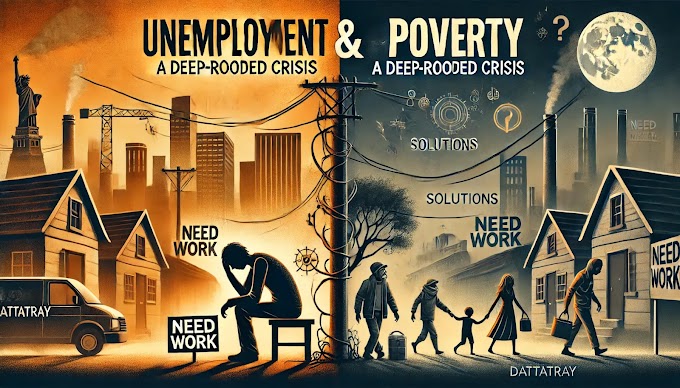"The Butterfly Effect in Economics: How Small Actions Can Have Profound Consequences"
Introduction:
Economics is often associated with complex models, global markets, and massive financial transactions. Yet, there is a concept within economics that reminds us of the interconnectedness of the economic world, where small actions can set off a chain of events with profound consequences. This concept is known as the "Butterfly Effect." In this article, we explore how the Butterfly Effect plays a crucial role in economics, where seemingly insignificant decisions or events can lead to significant outcomes.
The Butterfly Effect Defined:
The Butterfly Effect is a term coined from chaos theory, a branch of mathematics and science that studies the behavior of dynamic systems. It suggests that a small change in one part of a system can lead to significant and sometimes unpredictable changes in another part of the system.
Examples in Economics:
Consumer Behavior:
Seemingly minor shifts in consumer preferences can have a substantial impact on industries and markets. For instance, a sudden trend favoring eco-friendly products can lead to the success of companies that adopt sustainable practices and the decline of those that don't.
Interest Rates:
Small fluctuations in interest rates set by central banks can significantly affect borrowing costs for businesses and individuals. Even a quarter-point change can lead to billions of dollars in interest payments or savings.
Currency Exchange Rates:
Minor changes in exchange rates can influence the competitiveness of a nation's exports, affecting industries and employment. A stronger national currency can make exports more expensive for foreign buyers, potentially harming a country's economy.
Startups and Innovation:
Small startups with innovative ideas can disrupt entire industries. Consider how a small online bookseller named Amazon transformed the retail landscape, impacting thousands of businesses.
The Domino Effect:
The Butterfly Effect in economics is often likened to a series of falling dominoes. A small push at the start can lead to a cascading effect, where each domino's fall influences the next. In economics, this can mean that a seemingly insignificant event can set off a chain reaction that impacts supply chains, industries, jobs, and even global markets.
Anticipating the Butterfly Effect:
Economists and policymakers work to understand and anticipate the Butterfly Effect. They use complex models and data analysis to predict how various economic factors and events can impact the economy. This knowledge informs decisions on interest rates, fiscal policies, and regulations to manage and mitigate potential negative effects.
Conclusion:
The Butterfly Effect in economics is a powerful reminder of the intricate web of interconnections in our global economy. Small actions, decisions, or events can send ripples across industries and markets, leading to both positive and negative consequences.
While we may not be able to predict every outcome, understanding the Butterfly Effect helps economists, policymakers, and businesses make informed decisions and prepare for potential disruptions. It's a testament to the sensitivity of our economic systems and the significance of every action in this complex, intertwined world of commerce and finance.
Thanks For Reading : Have A Great Week :)
. . .
. . .
"The Reality Is Beyond Our Eyes and Mind" - Thought of The Week :)
Currently Watching : - Mission Impossible : Dead Reckoning Part One
 |
| IMDb |
"Mission: Impossible – Dead Reckoning Part One" is an explosive, adrenaline-fueled thriller that redefines the spy genre. Packed with heart-stopping action, complex characters, and a web of intrigue, this film is a testament to the enduring appeal of the Mission: Impossible franchise. As the first part of a two-part saga, it leaves audiences hanging on the edge of their seats, eager to see how the IMF team will overcome this global threat in "Part Two." In the world of espionage, Ethan Hunt and his team prove that the impossible is just the beginning.
. . .
See You in Next Post ::)
.png)







.png)



.png)


0 Comments